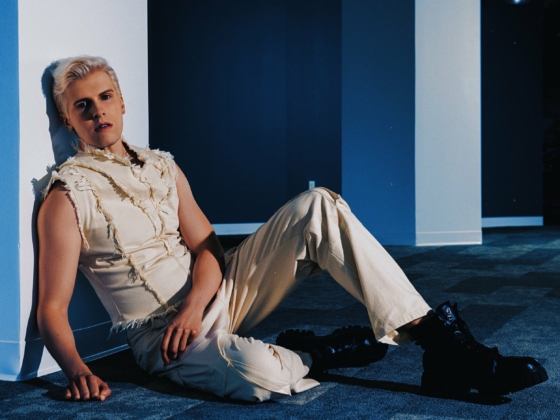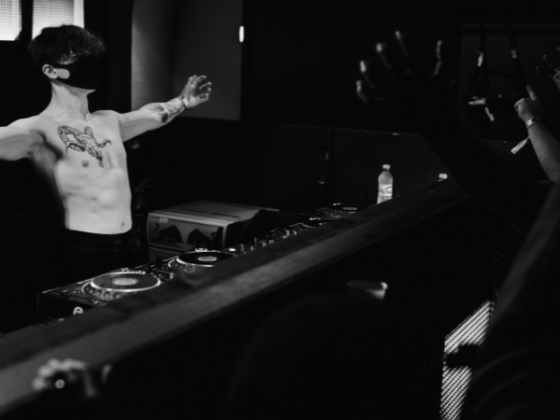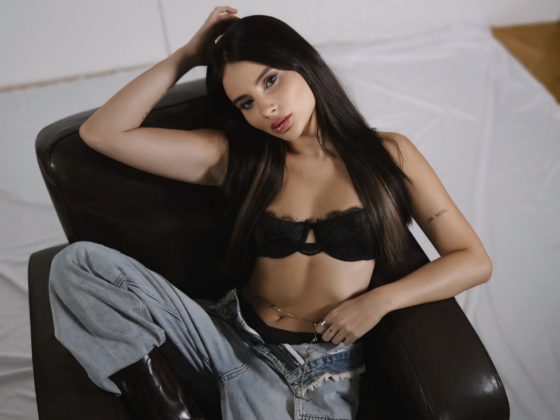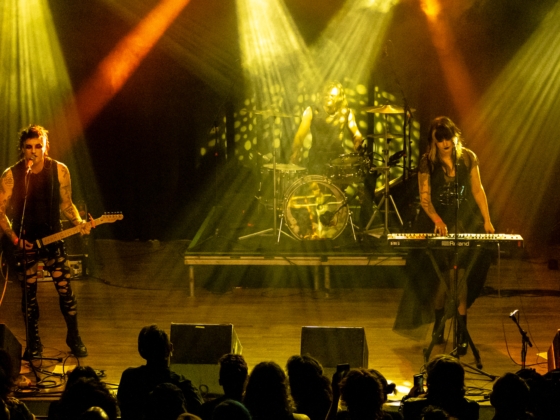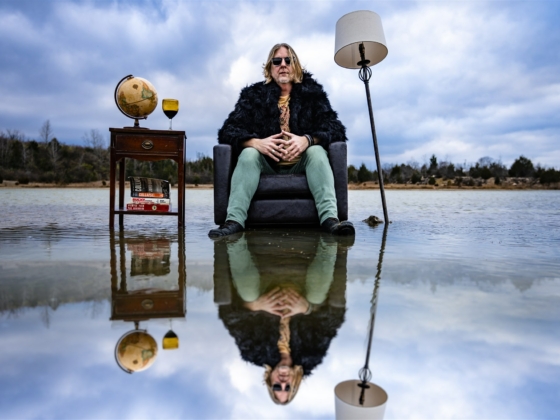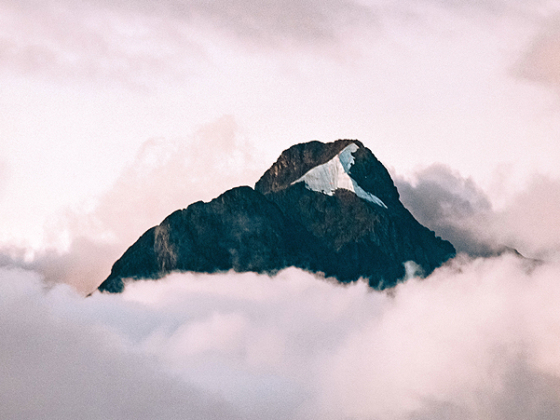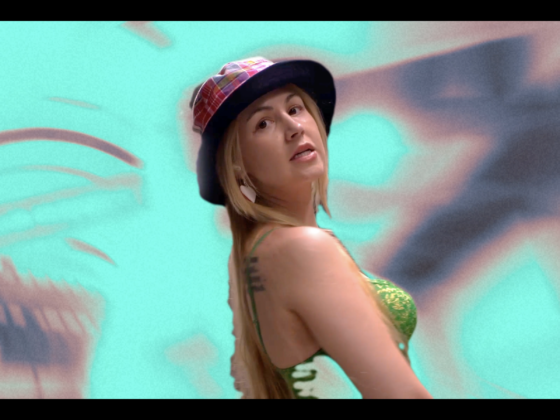The vogue scene is one of the most iconic milieu's of gay culture in the last two decades. Pioneers of the community blazed the trail of acceptance in a time when young black gays were being persecuted not only by the general population, but their families as well. Ostracized, ridiculed, and disowned, the youth had one of two options: live destitute on the unforgiving streets of the city; or find, do, and own a life that could bring them indisputable happiness. From this, Ballroom was born.
To reach "legendary" status in the vogue world, you have to commit the blood, sweat, and tears necessary to prove yourself to a community built with the very same. For this reason, every established artist and dancer, mother and daughter, and legend and star holds the foundation of the culture together stronger than the rivets of the world's oldest monuments. One artist, in particular, has traveled from NYC to DC to Napoli and back making a name for himself in many facets of the new vogue circuit.
[soundcloud url="https://api.soundcloud.com/tracks/189836879" params="auto_play=false&hide_related=false&show_comments=true&show_user=true&show_reposts=false&visual=true" width="100%" height="450" iframe="true" /]
Vjuan Allure got his first taste of the glamorous life while clubbing in NYC in the late 80s. Since then, Allure has been a voguer, DJ, remix artist, and producer; one of the true multi-talented perpetuators of the culture. To find out more of his history as an artistic Renaissance man, we exchanged a few words over email:
Well, first of all, what does the Vogue culture mean to you?
Vogue culture to me is non-stop freedom of expression through dance, it is limitless, timeless, and ever-evolving! When I first got into vogue I was interested in another type of dance, but all it took was me watching them perform for about 10 minutes and I knew I was hooked. It also means personal freedom, you can totally see someone expressing themselves through the dance, anger, pain, shade—it’s a very emotional exhibit.
2. What are, in your opinion, the tracks that really brought your music to the public eye?
I was actually in the public eye before I even KNEW I was in the public eye because my tracks were being played Stateside by my mentor DJ Sedrick while I was abroad in Italy. Some friends of mine called me and let me know how the kids were liking my music. If I had to pick a couple of tracks that got me noticed they would be: 1. “The 2K2 Ha” 2. “C’mon And Get You Some More”, 3. “Runway Diva”, 4. “The Essicassy Ha"
[soundcloud url="https://api.soundcloud.com/tracks/191767418" params="auto_play=false&hide_related=false&show_comments=true&show_user=true&show_reposts=false&visual=true" width="100%" height="450" iframe="true" /]
Which of your songs are you most proud of and why?
That’s a hard question, there are so many. I would say “The Essicassy Ha” — t is my most famous mistake – the name was incorrectly told to me (over the phone) and then I formulated the beat, which turned out phenomenally – and once I found out the name was incorrect I wasn’t about to change it. “Queen Of Face – featuring the Legend Crystal Labeija” is one that pays homage to Crystal LaBeija who actually began having Balls due to the way she was mistreated in a pageant.
“Polka Dot Afro Pussy” is hilarious and hot at the same time and it quickly became a Ballroom favorite – it also broke ground for me because non-Ballroom DJ’s requested the track and played it in their sets at various clubs. “The En Na Er Gi Bounce ft Ultraa Energi” which is a remix I did for a member of the Elite Beatz team – it was just awesome from the beginning, everything fell into place – it also is one of the tracks that caught Mad Decent’s ear and subsequently my release on their label.
[youtube]https://www.youtube.com/watch?v=syGKwLky46c[/youtube]
3. Vogue and Ballroom were born from conflict; they were founded to give the persecuted gay youth a reason to live and a way to be happy. It wasn't just some fad or trend to be adopted and franchised. As such, how do you foresee the movement progressing in the future?
What I have told people is that even when Vogue made headlines before and then went away, the Ballroom continued to thrive. Though it was underground, and it will always continue with or without mainstream's help. The sound and feel of Ballroom won’t be denied; people cannot help but check out what we are doing. There is a sound and culture in Ballroom that is all its own. It’s unapologetic, very in your face, and enticing. It isn’t dependent on outside influences to keep things running smoothly.
4. What influences you, artistically speaking?
Dance inspires me, watching the movements, the degree of difficulty, the idea of making the dancer WORK in order to catch beats – the more difficult and intricate the better. I love tempos, and noises, and in turn I am catching the energy that dancers are displaying and converting it to music and what ultimately will be heard coming out of speakers. I am also inspired by humor – many of my tracks come from inside jokes and funny stories between me and friends.
The EP's namesake track, “Wherkk”, features vocals from LA's Purple Crush, who host the West coast Banjee Ball. Purple Crush will be hosting their Ball this Friday February 20th alongside MC Enyce Channel, featuring a special set from Vjuan Allure to celebrate the launch of the EP. Don't miss this one, because the culture of Ballroom and Vogue waits for no one.





